Search Results
Showing results 21 to 33 of 33
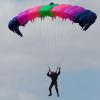
Blow-and-Go Parachute
Learners make a skydiver and parachute contraption and launch it. They see that the drag created by air resistance slows the descent of skydivers as they travel back to Earth.
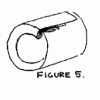
Cylindrical Wing
Source Institutions
In this design and physics challenge, learners construct a cylindrical wing, fly it, make modifications, and determine how the changes affect flight patterns.
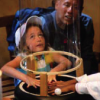
Wind Tubes
Source Institutions
In this activity, learners create and experiment with wind tubes. These tubes are a playful and inventive way to explore the effect that moving air has on objects.
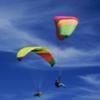
Playing with Parachutes
Source Institutions
In this activity, learners explore how parachutes are used to slow down moving objects. Learners work in teams of "engineers" to design and build their own parachutes out of everyday items.
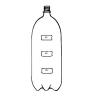
Under Pressure
Source Institutions
In this experiment, learners examine how pressure affects water flow. In small groups, learners work with water and a soda bottle, and then relate their findings to pressure in the deep ocean.
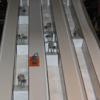
Echo Base Bobsleds
Source Institutions
The goal of this activity is to build a miniature bobsled that is either the fastest or the slowest. Learners use recycled materials to design, build, and test their bobsled on a bobsled track.
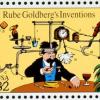
Homemade Rube Goldberg Machine
Source Institutions
In this fun and, at times, hilarious force and motion activity, learners will use household objects to build a crazy contraption and see how far they can get a tennis ball to move.
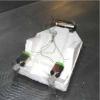
Airboat
Source Institutions
In this activity related to Newton's Laws of Motion, learners build a boat powered by a propeller in the air.
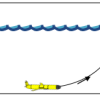
Exploring the Ocean with Robots
Source Institutions
In this activity, learners are introduced to robotic submarines called gliders. Learners make “gliders” from plastic syringes and compare these to Cartesian bottles and plastic bubbles.
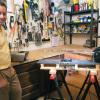
Model Wind Tunnel
Source Institutions
In this activity, learners build a miniature wind tunnel to measure force. Learners construct the model out of Lexan plastic, a fan, and a precise digital scale.
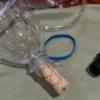
Water Rocket Launch
Source Institutions
In this activity, learners explore rocketry and the principals of space flight.
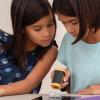
Exploring Earth: Temperature Mapping
Source Institutions
This activity models the way Landsat satellites use a thermal infrared sensor to measure land surface temperatures.
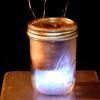
Jam Jar Jet
Source Institutions
In this activity, learners create a "Jam Jar Jet" based on Francois Reynst's discovery of a pulsejet engine, which uses one opening for both air intake and exhaust.
